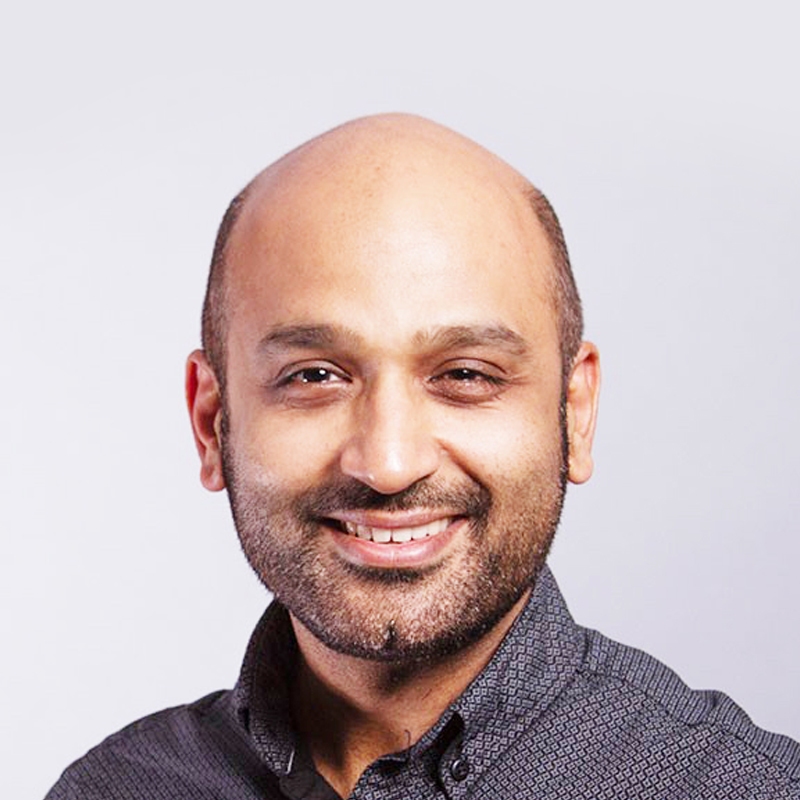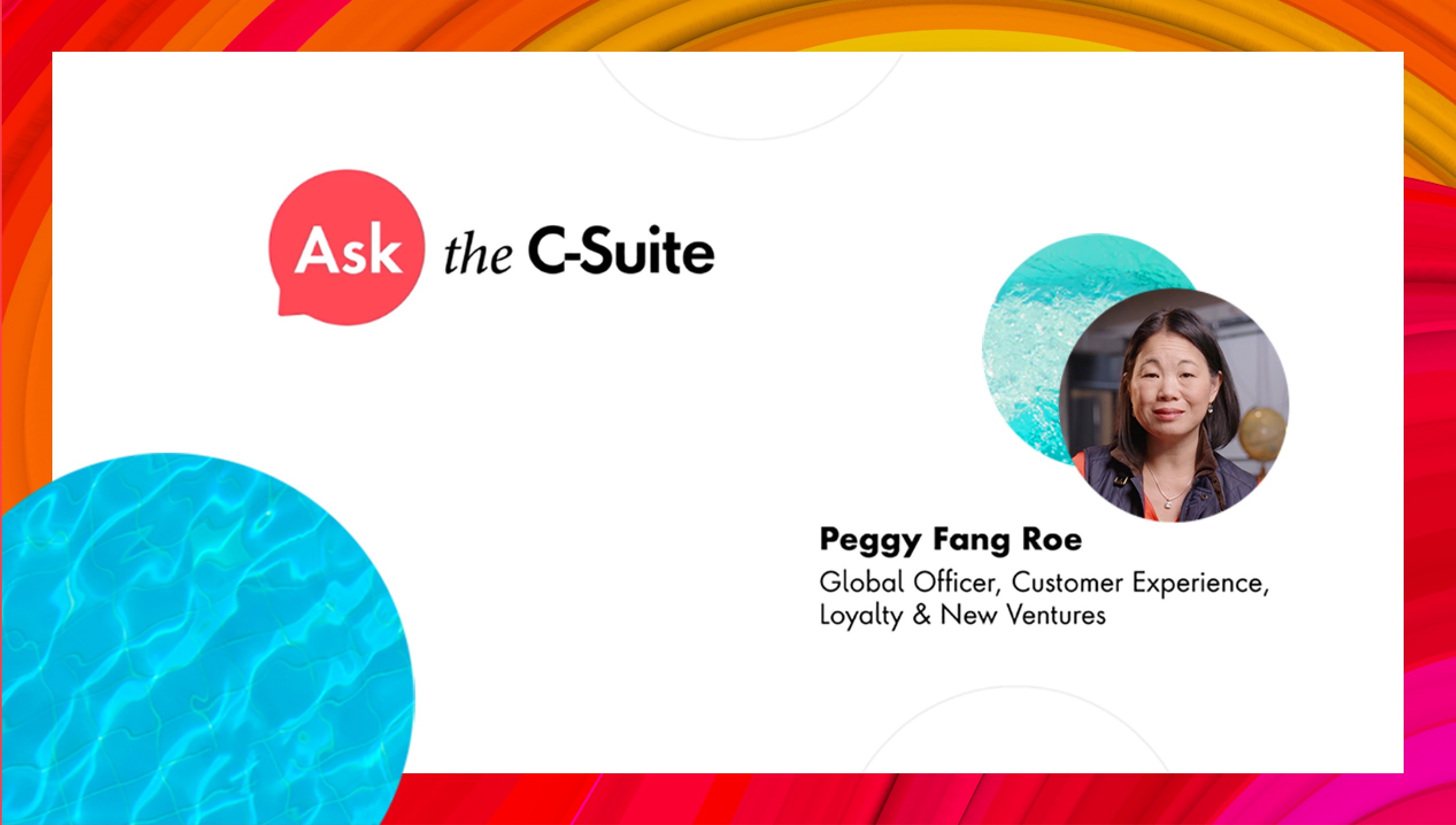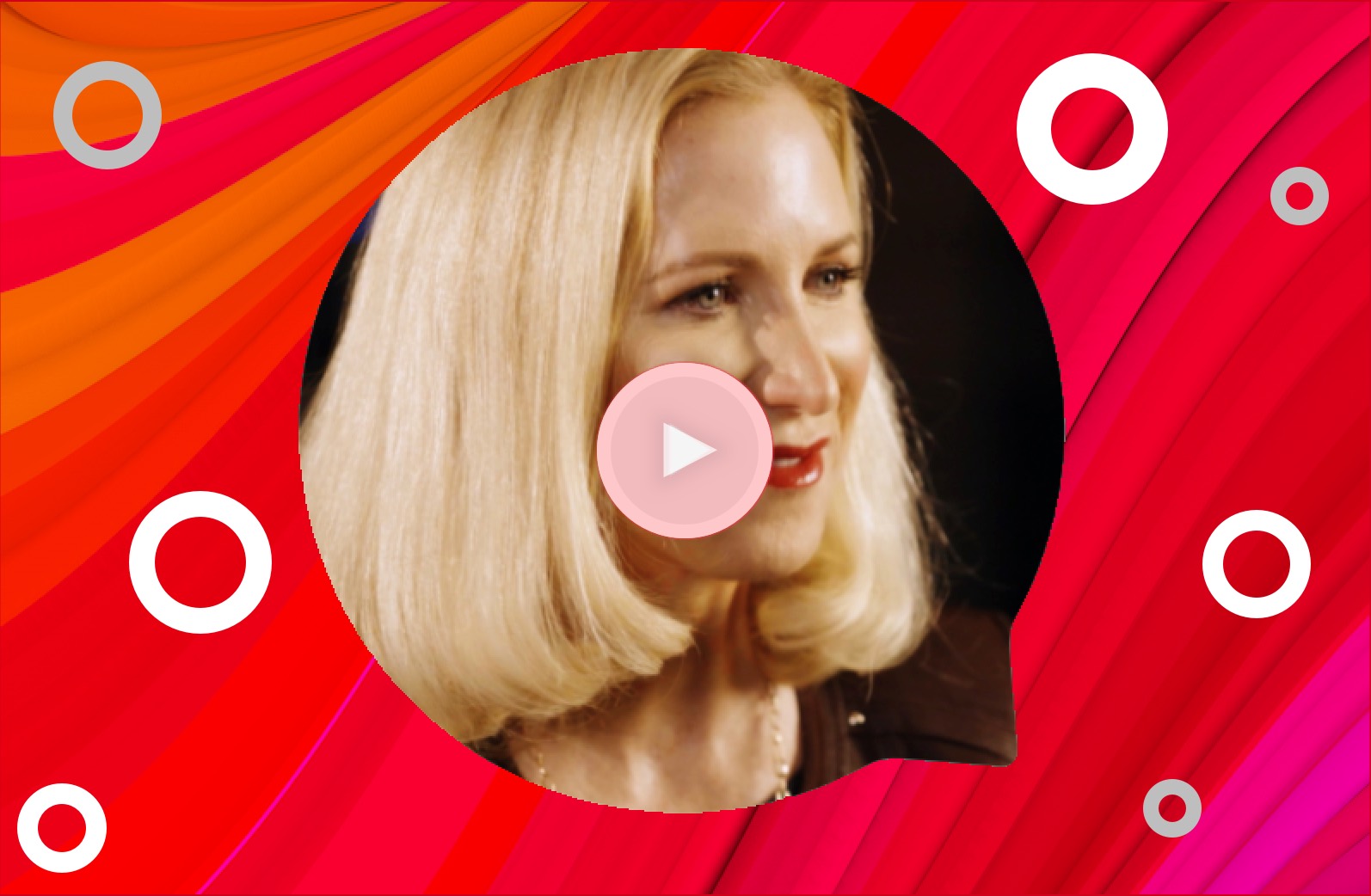The following conversation has been edited for length and clarity.
PS: I’m curious to hear your perspective on the special ingredient that has allowed the brand to survive many decades—almost a hundred-year history—and thrive.
Roe: I’ve been with Marriott for 18 years, and I’ve given this question quite a bit of thought, because I feel like we're always moving and changing as a company. And I wondered that myself, “Why is that?” We were born with this mission and spirit to serve customers right as they traveled worldwide. And because our goal is to anticipate where you want to go and how we can make your experience better, we have to be in front of all the trends. So, whether that's being in the countries or the markets where you think you're going to be in a couple of years, or being able to anticipate what you need when you go, consumers are constantly changing, so we have to, too.
PS: The word “experience” is so broad and all-encompassing that some people have a hard time wrapping their heads around it. So, what is your definition of experience?
Roe: This is an interesting question for a company and industry where customer experience was basically born, right? What other product or service can you imagine should be focused [more] on customer experience than hospitality? How you host somebody when they come into your home or hotel is what we're after. So, I think that the way we define customer experience is actually through the lens of the associate. Whether you're in the hotel, or you run our digital site, or you run our loyalty program, or you're in finance, you have a view of customer experience that's different based on what you're doing. Most of the people in our company have joined because they love this mission of serving the customer experience. That said, I think today we have to think about customer experience very differently. It's not just the person who walks in the hotel and the person who's interfacing with you in that moment. But we have to think about your whole experience with us throughout your journey.
PS: What is that journey? What do parts of the journey entail?
Roe: I think about the end-to-end experience regarding trip planning. Our sweet spot is when you land in the hotel. That moment of arrival, when you open the door and see your room—that moment is a significant moment of truth for us. But the customer experience itself is the whole journey. And then where we want to play and make a difference is where Marriott’s competitive advantage can be. That can be wrapped up in the brand experience we create for you, the service strategy we make for you, or even the value proposition that our loyalty program provides.
PS: Why do so few companies in the world—even in the hospitality industry—get it right?
Roe: This is a fascinating question, particularly for someone who studied organizational behavior in college. What I loved about psychology in business was understanding how people think and why they do things. I think companies get wrapped up in what they want. And the key is understanding what customers want and being able to build a business that offers services and products around customer anticipation. Sure, it's hard. You have to organize yourself and structure your processes in your business to do that—and it's not intuitive. Today, we're trying to link digital and physical together. And make that more seamless and frictionless.











